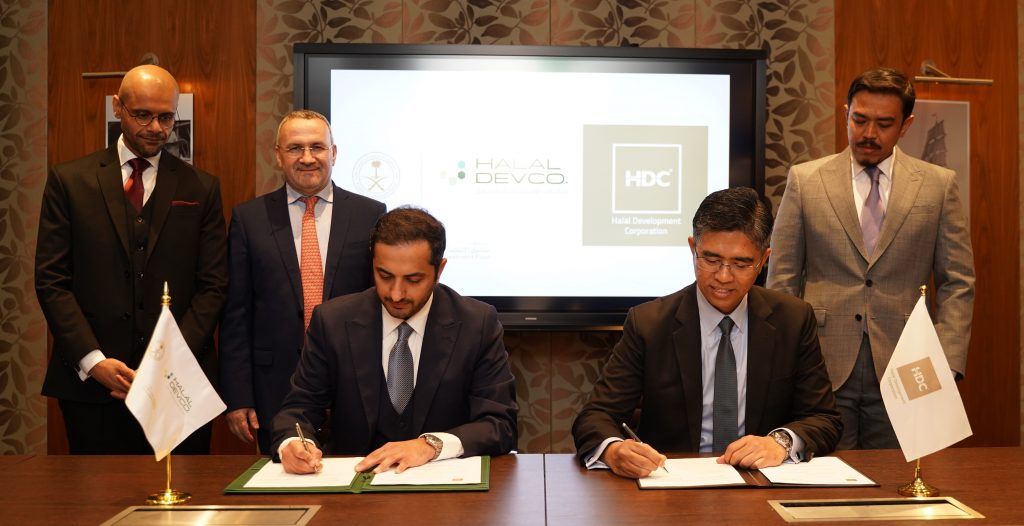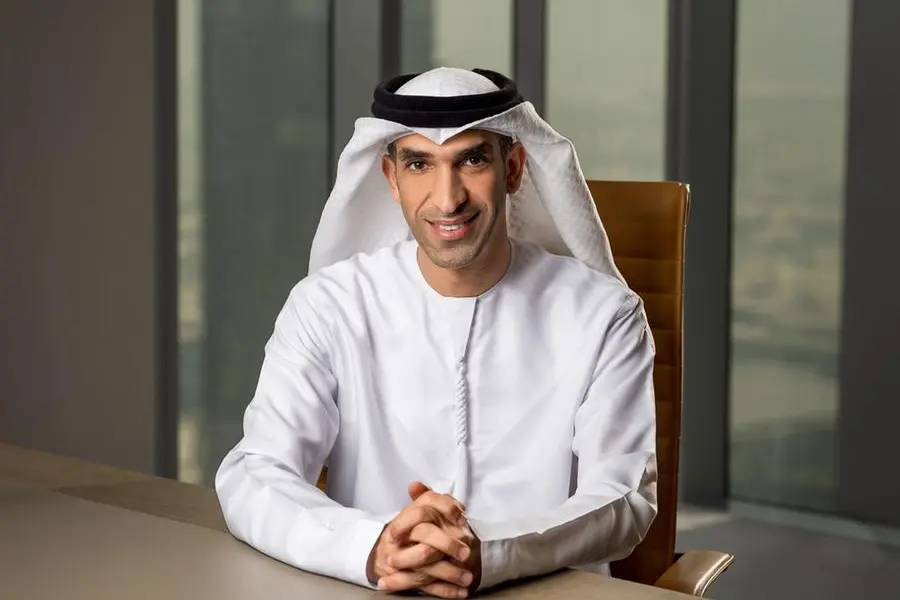washingtonpost.com
 The nearly 3 million Muslims who will make next week’s annual hajj pilgrimage to the sacred Saudi Arabian city of Mecca are required to be vaccinated against meningitis.
The nearly 3 million Muslims who will make next week’s annual hajj pilgrimage to the sacred Saudi Arabian city of Mecca are required to be vaccinated against meningitis.
Swiss pharmaceutical giant Novartis claims to have developed, in 2010, the first anti-meningitis vaccine without pork, which Muslims are forbidden to consume under Islamic law. Many religious authorities have already certified the Menveo vaccine as “halal,” or permitted under Islamic law.
Not all Muslims, however, believe the vaccine is truly halal.
Anti-meningitis vaccine was developed in the 1930s, and pork derivatives were and remain an important part of the compound today. But some skeptics say that while Novartis’ final product is pork-free, it still uses pork in the manufacturing process, making it ineligible for halal certification.
Novartis, which made $142 million from Menveo in 2011, did not reply to requests for comment.
“Menveo is not porcine-free,” said Muhammad Chaudry, president of the Islamic Food and Nutrition Council of America, a halal certifier in Park Ridge, Ill. Chaudry added that at a halal conference in 2010, a Muslim drug developer from Novartis told the audience that there was no halal meningitis product available, and none were in the pipeline.
Top Islamic scholars in Indonesia, the world’s most populous Islamic nation, which will be sending around 200,000 pilgrims this year, also rejected Menveo’s halal certification.
Meningitis, which has killed 19 Americans in an outbreak over the last several weeks, has affected thousands of pilgrims over the years as well. In 2002, the Saudi Arabian government made meningitis vaccinations a requirement to enter the country on pilgrimage.
The Islamic Services Association of America and many religious authorities in Saudi Arabia, Indonesia, and several other Muslim countries have certified Menveo as halal. Officials from the Islamic Services Association of America and the Saudi Arabian Embassy in Washington, D.C., were not available for comment.
Chaudry said governments label Menveo as halal because some Muslims take the prohibition against pork and haram (forbidden) products too far.
“We sometimes go overboard and say,’I won’t touch it if it is haram, I’d rather die.’ We have many Muslims like that,” Chaudry said. “The reason to certify is to make people feel comfortable, so they take it.”
According to a report in The Jakarta Post, some Indonesian pilgrims have in the past canceled pilgrimages because they didn’t want to take a vaccine with pork.
Scholars generally agree that Muslims must only consume or use products that are halal. But they also agree that if there are no halal products for a specific need, then consuming something forbidden is completely acceptable.
“If your life is on the line and you’re unable to find any halal options to survive, and you have to eat or drink something that is haram, then you’re absolutely allowed,” said Imam Abdullah Nana of Islamic Center of Mill Valley, Calif., and president of Halal Advocates of America, an educational group.


